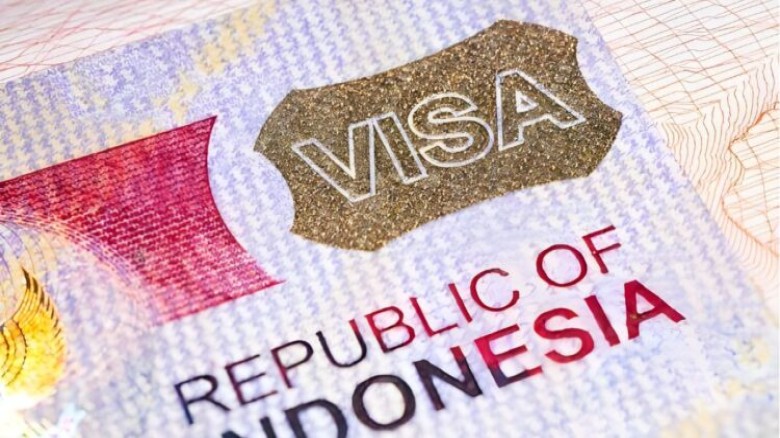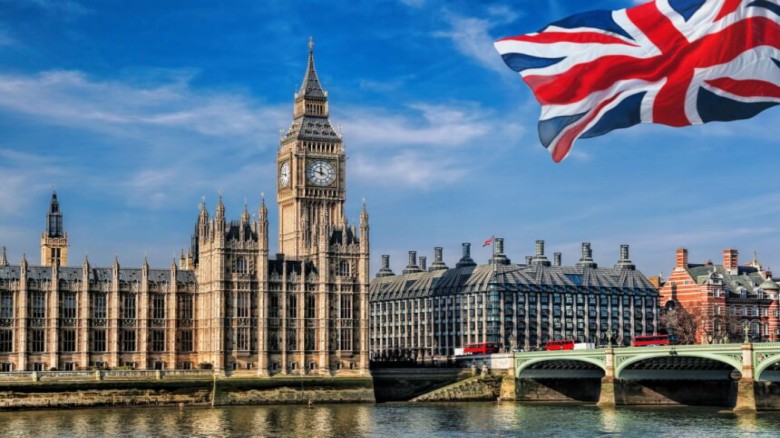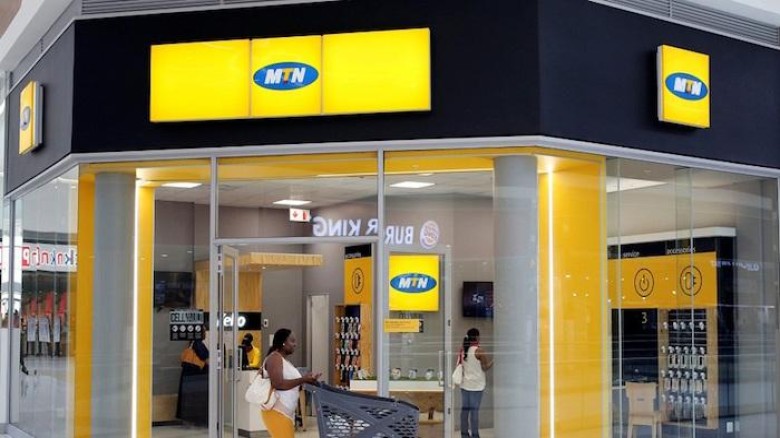Colombia agrees to accept deportees on US military flights after Trump threats
Colombia backed down on Sunday and agreed to accept deported citizens sent on US military aircraft, hours after President Donald Trump threatened painful tariffs to punish those who defied his mass deportation plans.Gustavo Petro, Colombia's leftist president, had previously stated that he would only return citizens "with dignity," such as on civilian planes, and had turned back two US military aircraft carrying repatriated Colombians.
Trump, who had been in office for less than a week, reacted angrily, threatening 25% sanctions that would quickly escalate to 50% against Latin America's fourth largest economy.
Petro initially sought to retaliate by imposing tariffs on US products, but by the end of the volatile Sunday, he had backed down.
Colombian Foreign Minister Luis Gilberto Murillo announced at a late-night news conference that his country had "overcome the impasse" and would accept returned citizens.
According to a White House statement, Colombia has agreed to "unrestricted acceptance of all illegal aliens from Colombia returned from the United States, including those on US military aircraft, without limitation or delay."
"Today's events make clear to the world that America is respected again," according to the statement.
"President Trump will continue to fiercely protect our nation's sovereignty, and he expects all other nations of the world to fully cooperate in accepting the deportation of their citizens illegally present in the United States."
Trump stated that he would suspend the tariffs.
Even earlier, it was unclear how quickly Trump could impose tariffs on Colombia, which has long been one of Washington's closest allies in Latin America and has a free-trade agreement with the US.
Secretary of State Marco Rubio, whose wife is Colombian-American, suspended visa issuance at the US Embassy in Bogota and announced that visas would be revoked for Colombian government officials and their immediate family members.
The White House stated that the visa restrictions would remain in place until the first planeload of deportees returns.
Trump also promised to subject Colombians to increased scrutiny at US airports.
Concerns about treatment -
Trump, who claimed during his campaign that immigrants were "poisoning the blood" of the United States, took office promising to round up and quickly deport undocumented immigrants.
While some countries, including Guatemala, have accepted military deportation flights, Trump has faced opposition from Petro, a former guerrilla who was elected Colombia's first left-wing president in 2022.
"The US cannot treat Colombian migrants like criminals. "I forbid US planes carrying Colombian migrants from entering our territory," Petro wrote earlier on X.
The Colombian government previously stated that it was prepared to send its presidential plane to the United States to transport migrants "with dignity."
Petro also stated that there are 15,600 undocumented Americans living in his country and urged them to "regularize their situation," ruling out raids to arrest and deport them.
Petro's initial hardball tactics infuriated his many critics in the long-standing US ally.
Former right-wing president Ivan Duque accused Petro of "an act of tremendous irresponsibility" for refusing to fulfill Colombia's "moral duty" to return illegal migrants, warning that US sanctions would have a "enormous" cost.
'Tied hands and feet' -
Trump's deportation threats have put him on a collision course with governments in Latin America, where the majority of the estimated 11 million undocumented migrants in the United States originated.
Brazil, which is also led by a left-wing president, expressed outrage at the Trump administration's treatment of dozens of Brazilian migrants deported back to their home country on Friday.
The migrants, who were deported under a bilateral agreement prior to Trump's return, were handcuffed on the flight, in what Brazil described as "flagrant disregard" for their fundamental rights.
Edgar Da Silva Moura, a 31-year-old computer technician who was among the 88 deported migrants, told AFP, "On the plane, they didn't give us water, we were tied hands and feet, and they wouldn't even let us go to the bathroom."
"It was very hot, some people fainted."
Honduran President Xiomara Castro has called for an urgent meeting of leaders from the Community of Latin American and Caribbean States (CELAC) on Thursday in Tegucigalpa to discuss migration in light of recent US moves.
While previous US administrations routinely conducted deportations, the Trump administration has begun to use military aircraft, with at least one landing in Guatemala this week.
























Leave A Comment